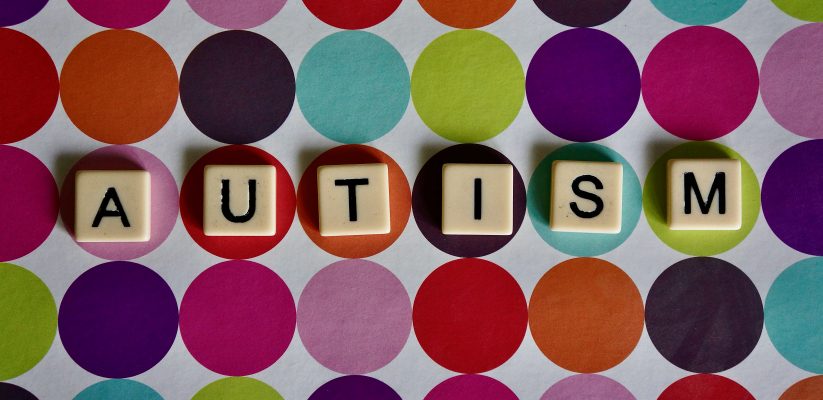Author: Dr Anjali Ghosh, Lecturer, School of Life Sciences, University of Westminster
Since 30th January 2020, the Covid-19 pandemic has been the leading public health concern globally, when the World Health Organization (WHO) declared the Covid-19 outbreak a ‘Public Health Emergency of International Concern’ (PHEIC), due to the speed and scale of its transmission. Many measures and adjustments were implemented, not only at personal, business and community levels due to the social distancing and lockdown restrictions imposed by governments, but also in terms of the transformation of access to healthcare services, administrative processes at national and local levels, and medical consultations being conducted remotely rather than in-person. Since the pandemic outbreak, the United Kingdom (UK) has been one of the countries closely monitoring the scientific information on the spread of the disease and has implemented regulations, enforced by legislation, namely the Coronavirus Act 2020 and relevant policies and regulations. The aim of this research was to explore changes after Covid-19 on welfare policies and services for people with learning disabilities and autism in England; focusing mainly on educational and health and social care sectors. Accordingly, the objectives of this study were to:
- explore welfare policies and educational and health and social care-related practices for people with learning disabilities and autism in England, since the outbreak of Covid-19
- analyse perceptions of the above from key stakeholders/experts in the field
- make recommendations for future research, practice, and/or policymaking based on the findings.

Research overview
A review of official policy documents published on GOV.UK from January 2020 to May 2021 has been conducted using keywords on the topic in question, and semi-structured interviews took place in 2022 with four key informants/stakeholders working in health and social care or education sectors of people with learning disability or autism in England.
The main findings indicate a need to shift practices online due to the pandemic, for both education and health and social-care practice. It is also clear that reforms and adjustments were implemented in guidance, policies, and frameworks for the support of persons with learning disabilities and autism. It has been increasingly difficult for people with disabilities to access healthcare services and medication during the pandemic, and this has had an impact on their overall health and wellbeing too. Experts suggested that smoother changes and more support are required, in terms of provision of services, research, access to healthcare, educational services, mental health, employment, as well as more public funding on such services for people with learning disabilities and autism.
The main lessons learned were focusing on the use of online resources, digitalization of services and access to them, but also the difficulty of the system to adapt fast to major changes required to support people with disabilities.
It is evident from this study about England, that there were many challenges and difficulties from the beginning of the Covid-19 pandemic, which public and private bodies, services, organizations, and charities, had to adapt to. From the information collected through the literature review and interviews with key experts, it appears that many reforms were necessary to adapt to the new norm due to the social distancing restrictions. Some of these changes were deemed as useful and maintained to date, others were urgent measures to tackle an emergency and prioritize resources and vulnerable groups for provision of adequate support, whilst facing an unprecedent demand for healthcare support from the NHS. The main lessons learned were focusing on the use of online resources, digitalization of services and access to them, but also difficulty of the system to adapt fast to major changes required to support people with disabilities. Policymakers and social care providers must work with disabled people to address their needs and be more prepared in case of any similar emergency situations in the future. Post pandemic social changes are required to regain what disabled people have lost through the pandemic. Multi-disciplinary work, support networks, financial support, and collaboration are essential elements to ensure that health and social care, as well as educational providers, can adapt smoothly to changes and support people with disabilities adequately in state of public health emergencies.
Author: Dr Anjali Ghosh is a lecturer in the School of Life Sciences at the University of Westminster. Her teaching expertise includes: general and microbiology, cellular and molecular biology, and immunology of infectious diseases. She is currently involved in teaching the modules of Medical Microbiology in the Genomic Era, Functional Anatomy, and Infection and Immunity.
- Obesity as a genotoxic environment - April 28, 2023
- Dalit History Month and its significance - April 20, 2023
- A professor is going to live in an underwater hotel for 100 days – here’s what it might do to his body - April 13, 2023
